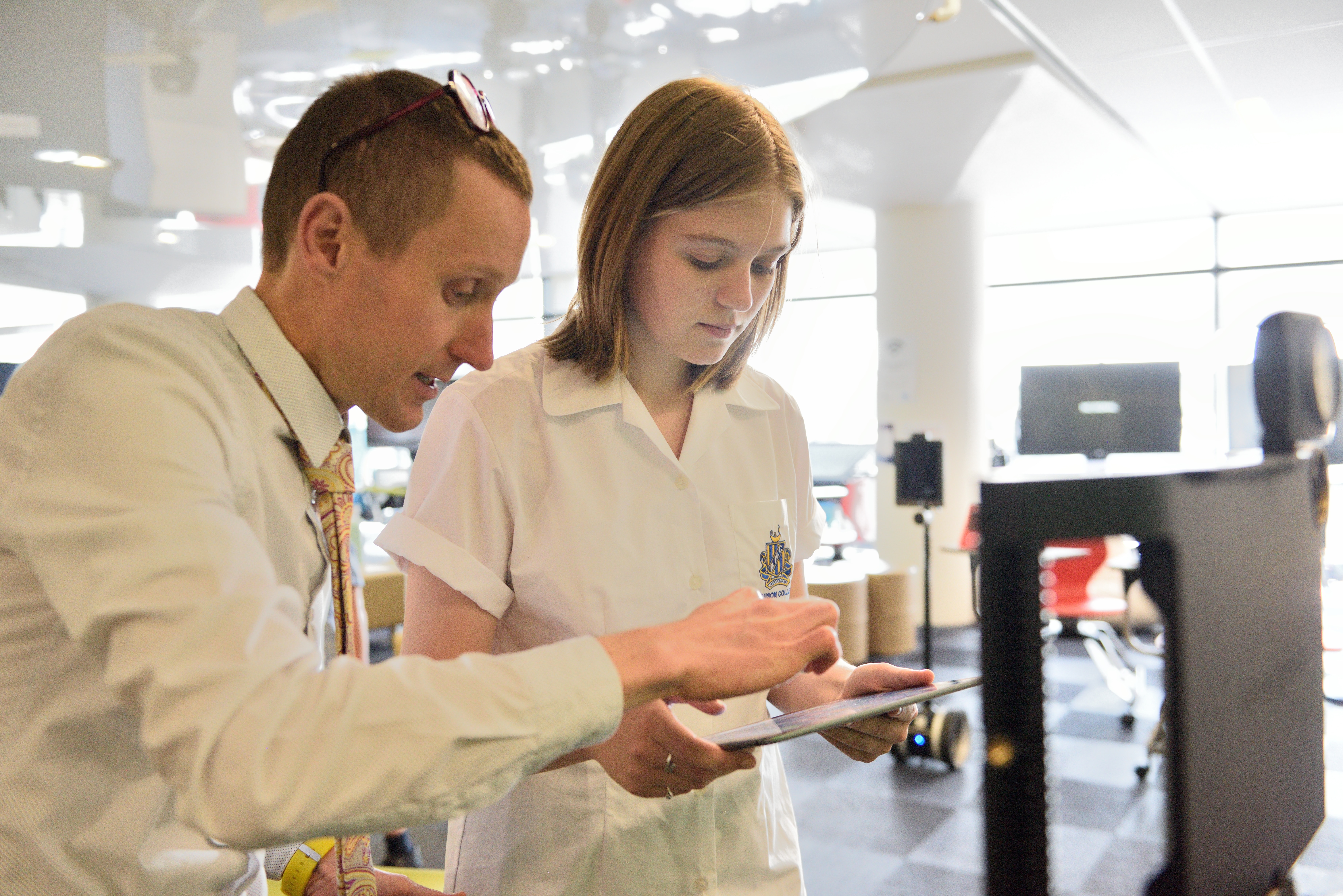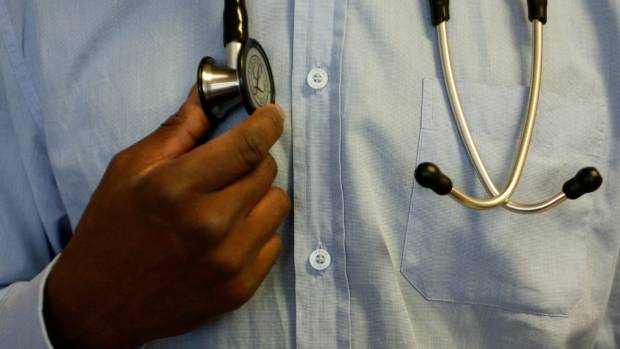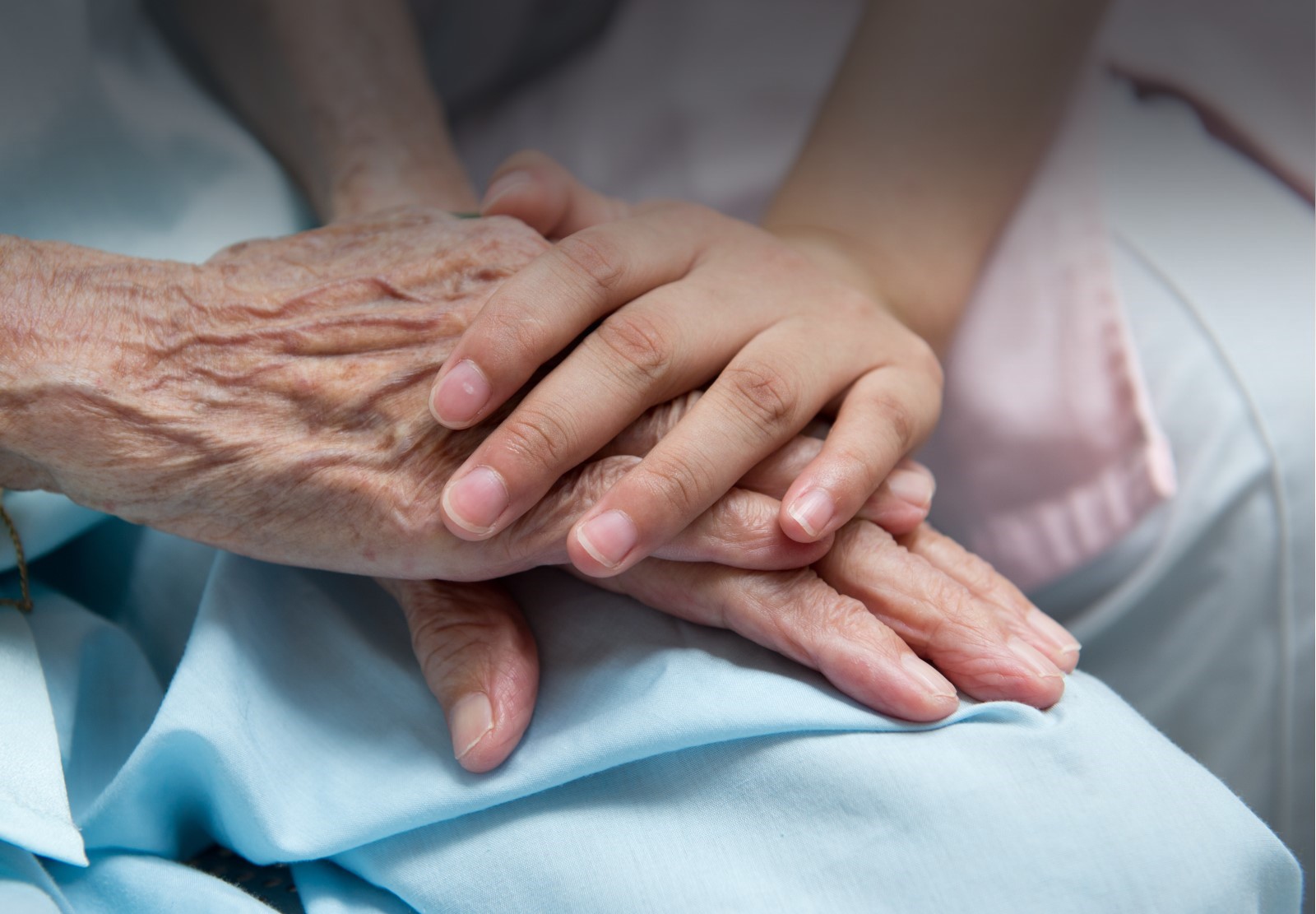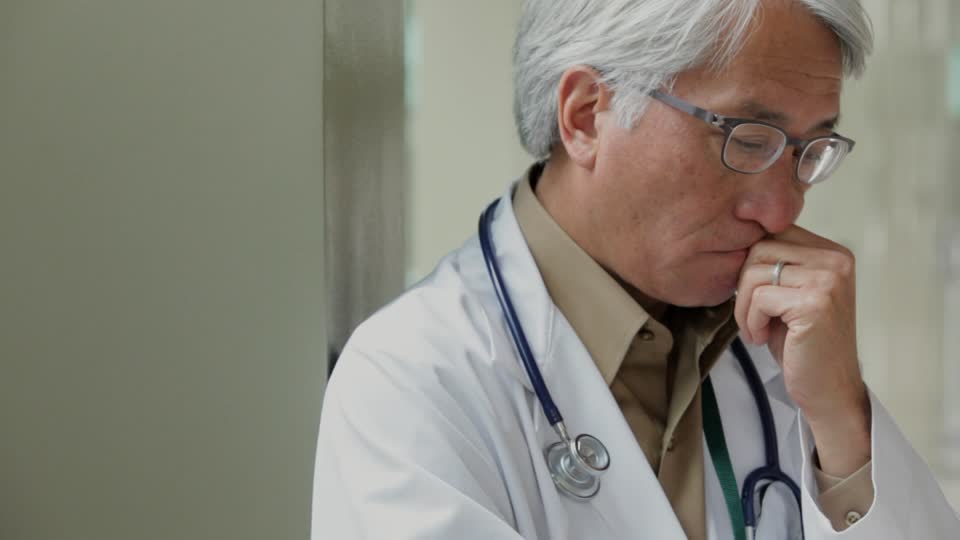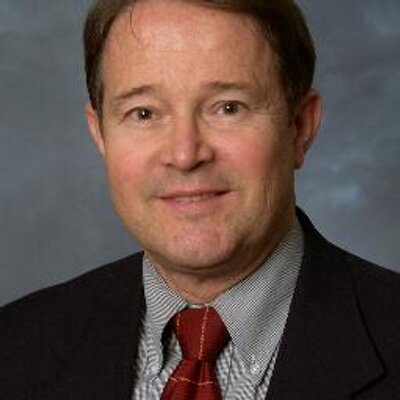POWERFUL: Top Irish Obstetrician Dr Trevor Hayes says he and other prolife doctors will not be bullied or forced into performing or facilitating abortion. He asks if politicians who are attacking prolife doctors would be willing to perform an abortion themselves. #WeStandforLife
Pulling the plug on conscience rights
Originally published in First Things, December 2009 by Wesley J. Smith Over the past fifty years, the purposes and practices of medicine have changed radically. Where medical ethics was once life-affirming, today’s treatments and medical procedures increasingly involve the legal taking of human life. The litany is familiar: More than one million pregnancies are extinguished each year in the United States, thousands late-term. Physician-assisted suicide is legal in Oregon, …Read More
Euthanasia and the common good
Originally published in Corpus, July 2018 by Charlotte Paul When I started thinking hard about euthanasia, I visited my friend who has a progressive illness affecting his body and mind, and who is in hospital-level care. His partner has moved into the same residence to help look after him. She responds to his suffering with love, and you can sometimes see in his eyes that he recognises this. I honour them both: his endurance and gratitude; her generosity. …Read More
When doctors say No
Originally published in MercatorNet, May 2017 by Michael Quinlan As abortion, euthanasia and other controversial procedures become more widespread, conscientious objection for healthcare workers is becoming a flashpoint for controversy throughout the Western world. Some doctors and ethicists have argued that conscientious objection itself is unethical because doctors are required to fulfil any legal request that their patients make. MercatorNet interviewed Professor Michael Quinlan, dean of the law school at …Read More
Protecting the Careers of Medical Professionals Who Believe in the Hippocratic Oath
Originally published in The Center for Bioethics and Culture, May 2009 by Wesley J. Smith We live in a culturally diverse society in which people vary greatly in their moral beliefs about the importance of human life. These profound differences are most bitterly expressed in the medical context, particularly with regard to issues such as abortion, physician-assisted suicide, embryonic stem cell research, and other life and death policies and procedures. …Read More
Politicians wrestle with doctors’ consciences in Victoria
Originally published in MercatorNet, April 2017 by Paul Russell As the Victorian Ministerial Advisory Panel on “assisted dying” makes ready to release its interim report sometime in April, The Age newspaper turned its attention to the matter of conscience whether a doctor may refuse to take part in any action that would bring about the premature and deliberate death of a person. Conscience – or the ability to draw upon one’s …Read More
Growing Intolerance Threatens Rights of Conscience of Health Care Workers
Originally published in CNS News, March 2016 by Lynn Wardle Around the world, policies and actions of many governments and governmental agencies are threatening rights of conscience of health care providers and employees. These challenges and dangers seem to be increasing. Recent times have seen numerous high-profile incidents in which nurses, doctors, hospital staff, government employees, and other health care workers are being pressured, required and forced to provide morally-controversial …Read More
Understanding freedom of conscience
Originally published in Policy Options, May 2018 by Brian Bird The year 2017 marks the 150th anniversary since Confederation and the 35th anniversary of the Canadian Charter of Rights and Freedoms. By virtue of a court case in Ontario that might go all the way up to the Supreme Court of Canada, 2017 may also be the year when freedom of conscience — until now a dormant Charter freedom — …Read More

